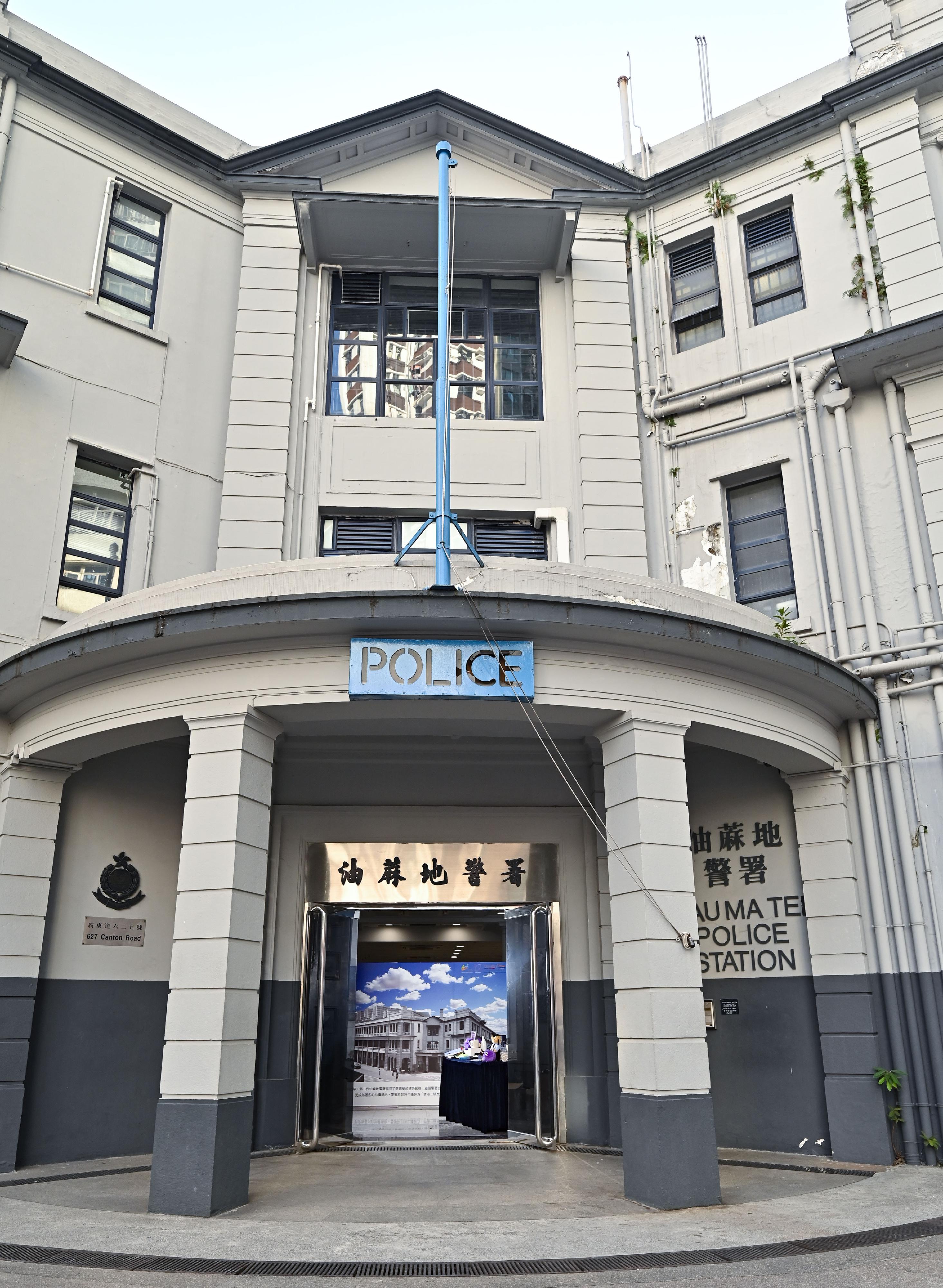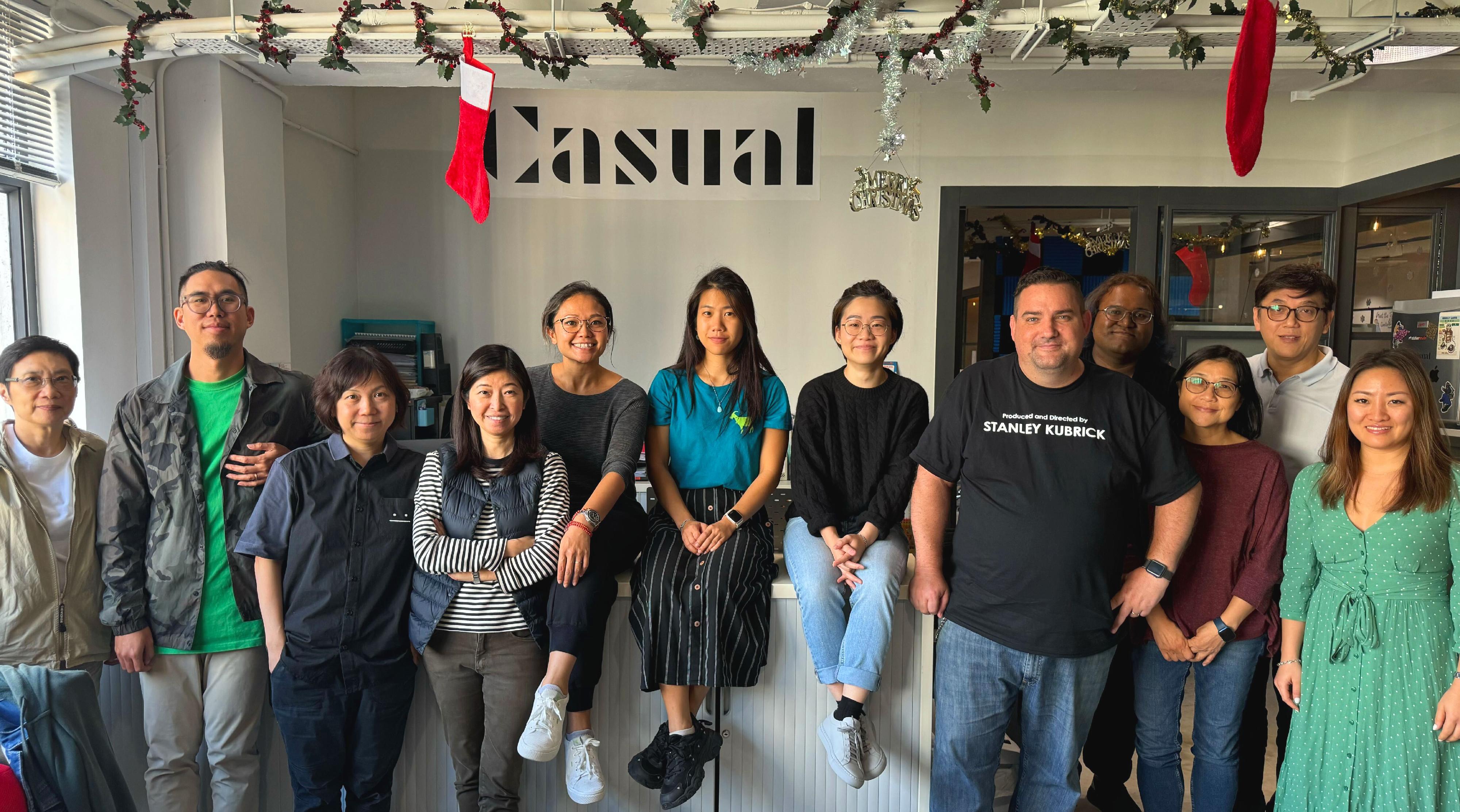CFS announces study results on sodium content in Chinese congee
The Centre for Food Safety (CFS) of the Food and Environmental Hygiene Department today (December 8) released the study results on the sodium content in Chinese congee. Although none of the samples were considered "high" in sodium (i.e. over 600 milligrams/100 grams), the sodium intake from consuming certain types of congee may approach the World Health Organization (WHO)'s recommended daily intake upper limit due to the considerable volume consumed.
A total of 174 relatively common non-prepackaged food samples, covering 12 types of Chinese congee with ingredients (117 samples), and individual plain congee (24 samples) and seasoned congee (plain congee with seasoning) (33 samples) which were available to consumers as a choice of congee base for cooking, were collected from Chinese restaurants, fast food restaurants and congee shops for analysis of their sodium content by the Food Research Laboratory of the CFS.
Results showed that the average sodium content for the various samples of congee with ingredients was 270mg/100g, and the sodium content ranged from 33mg/100g to 460mg/100g. The congee types with the highest average sodium content were congee with pig's liver (330mg/100g), congee with chicken (300mg/100g), congee with pig giblets (290mg/100g) and congee with preserved egg and pork (290mg/100g).
There were two types of congee with vegetables as major ingredients, namely congee with sweet corn (average sodium content is 180mg/100g) and congee with pumpkin (average sodium content is 220mg/100g), which had lower average sodium content among the various types of Chinese congee with ingredient(s). Among the 10 types of Chinese congee with non-vegetarian ingredients, congee with fish was found to have the lowest average sodium content of 220mg/100g.
The study also showed that there was a large variation in the sodium content among samples of the same types of certain congee sold at different restaurants and congee shops, which revealed the possibility for the trade to draw reference from other counterparts' practices to reduce the sodium content in these types of congee. The sodium content of plain congee base was much lower than that of seasoned congee base, indicating that the sodium intake from the consumption of congee can be lowered by choosing plain congee as the congee base instead of seasoned congee, particularly for congee with ingredient(s).
A spokesman for the CFS said that excessive sodium intake is closely related to hypertension, which is a risk factor for non-communicable diseases including cardiovascular diseases and stroke. The WHO recommends a daily salt intake of less than 5g (i.e. 2 000mg of sodium) for adults.
Advice to the public
- Pay attention to the sodium content in Chinese congee and choose carefully;
- Order congee cooked with plain congee base instead of seasoned congee base;
- Pay attention to the amount of congee consumed. Consider sharing the congee when the portion is large; and
- Maintain a balanced diet with variety.
Advice to the trade
- Reduce the sodium content of the congee base and that of congee with ingredient(s) through product reformulation by making reference to the CFS's "Trade Guidelines for Reducing Sodium in Foods" (www.cfs.gov.hk/tc_chi/programme/programme_nifl/files/Trade_Guidelines_for_Reducing_Sodium_in_Foods.pdf);
- Be aware of the sodium content of Chinese congee on sale as it has public health implications;
- Provide the choice of plain congee with little or no seasoning added as the base for cooking congee with ingredient(s); and
- Apart from providing the standard portion size of congee, offer congee in smaller portion size for consumers to choose based on their needs.



